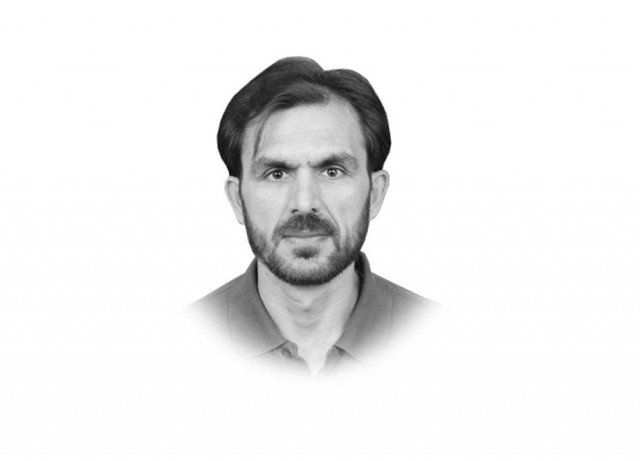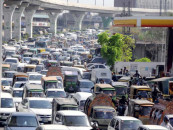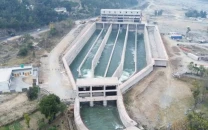Militancy or a tribal backlash? — I
Is trouble in Fata caused by radicalisation of tribal society or is it a tribal backlash? I believe it's the latter.

In retrospect, Pakistan's seven semi-autonomous tribal agencies, known as Fata, had cordial relations with the central government until 2002. The trouble started when the former military ruler, General Pervez Musharraf, joined the US-led “war against terrorism”. Musharraf opted for indiscriminate use of force, against tribal ethos and ignoring lessons from history. The policy backfired. Result: a deadly insurgency.
What started as a little trouble in Waziristan in 2002 has become an exasperating insurgency since then. Is this caused by radicalisation of the tribal society or is it a tribal backlash? I believe it's the latter.
Geographically, Fata, running south to north, forms a wedge between Pakistan and Afghanistan. And around 3.5 million ethnic Pakhtuns inhabit the region with their kinsmen across the poorly-demarcated border in Afghanistan. If sub-clans are counted, there are around 600 Pakhtun tribes. Their lives are governed by Pakhtunwali, an unwritten ancient tribal code that dominates the Pakhtun culture and identity. Pakhtunwali includes, inter alia, ‘azizwale’ (clanship), ‘nang au gairat’ (honour and chivalry), lashkar (tribal legion), ‘badl’ (revenge), ‘pannah warkawel’ (offering shelter), jirga (tribal assembly) and ‘rogha’ (reconciliation).
‘Azizwale’ demands that any tribesman is offered full support by his clan, if he is wronged. Now if a Mehsud, Waziri or a Dawar is attacked in South or North Waziristan agencies, his fellow tribesmen are bound by Pakhtunwali to come to his help. This happened in 2002 when General Musharraf sent tanks into Waziristan to fight the Taliban and al Qaeda and their tribal cohorts. The reaction, by the general’s own admission, turned into a “people’s movement”. The Mehsuds and the Waziris, known for their bloody feuds, have always united to fight foreign aggressors or anyone challenging their lifestyle. And now they consider Pakistani troops as “aggressors” in their land. Pakhtunwali warrants ‘badl’ for every killing. This means the Taliban’s ranks will keep on swelling with the killing of each innocent tribesman because the “enemy of your enemy is your friend”.
Now, if a Wazir or Mehsud tribesman flees to the Khyber Agency to seek help, Pakhtunwali demands from the Afridis and the Shinwaris living there not only to give him ‘panah’ or sanctuary but also to help him against the enemy. And if they seek help invoking Pakhtunwali, Tarkhani, Utmankhel and Mohmand tribes in Bajaur and Mohmand agencies will come to their help. Anyone siding with the enemy would be considered a “traitor” — the worst possible indictment in Pakhtun culture. This is what has been happening in the Kurram Agency, where Turi and Bangash tribes, belonging to the Shiite sect, are paying the price for going against the largely Sunni insurgency.
Published in The Express Tribune, August 15th, 2010.













COMMENTS
Comments are moderated and generally will be posted if they are on-topic and not abusive.
For more information, please see our Comments FAQ